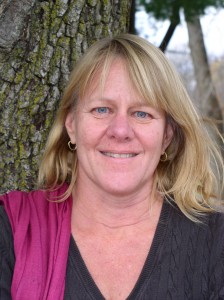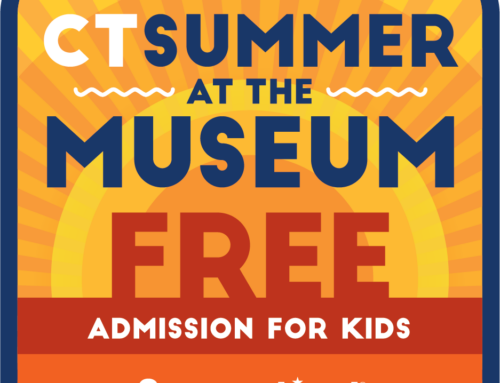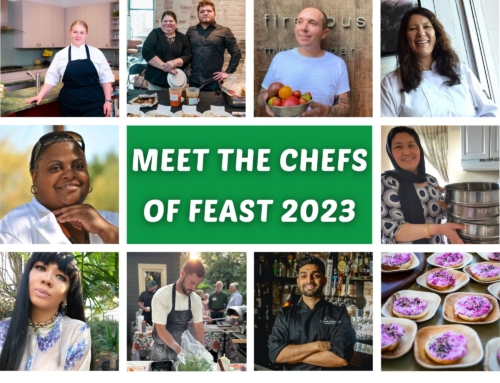Every morning when I arrive at Common Ground I look forward to taking the path that runs back to the newly created wetland and up the hill to my office. This is whole new way to experience arriving at Common Ground, as the wetland was only completed a couple of months ago. The idea of the wetland has existed for quite some time on paper – plans for the new building have always promised that a new wetland would be created as part of our low impact storm water management system – but the reality is so much better than anything I had ever imagined.
The first thing that surprised me was how quickly the wetland came alive. Within weeks of filling with water running off of West Rock Ridge, tadpoles are swimming in the wetland’s shallows while a variety of aquatic insects skim across its surface. Dragon flies chase each other among the flourishing wetland plantings, and birds are plentiful in the surrounding bushes and trees. The other morning I found a beautiful box turtle lumbering up the path that runs around the wetland perimeter, seemingly there just to check out the new scene.
Yes, the wetland has been found by critters that rely on wetland habitat for their survival. But just as amazing to me, the wetland has been discovered and embraced by our summer campers. The other afternoon I ventured down to the wetland to discover it had been taken over by kids with nets intent on catching tadpoles, kids who had constructed rafts from sticks and string with leaves for sails and were floating them out into the water, kids who were wading out to feel the cool mud between their toes. All seemed to be intently enjoying their summer afternoon at this tiny little oasis – as were the counselors, by the way.
The children may not explicitly rely on the wetland for their survival as do some of the other critters I encounter there each day, but I can see that their lives are enhanced by their playful interactions with it. I know from my own childhood that it was in these unstructured exchanges with nature that I experienced an incredible and very meaningful sense of joy and awe and love and connection to the world at large. Having the time and space outdoors to decide for myself where I was going to go and what I was going to do gave me confidence in my ability to safely make my way in the world. That confidence became the source of the resilience I needed to navigate the hazards of an often perilous childhood.
That is not to say I think the children I watch at play in Common Ground’s wetland need to be saved from perilous childhoods, but I do believe they are facing perilous futures. There is simply too much evidence that climate change is going to significantly impact the quality of life of our children to continue to hope they will dodge that bullet. While we all need to be asking what we can do (individually and collectively) to confront climate change, we also need to be doing what we can to prepare our children to assume the brunt of the challenge.
One critical pieces of this preparation is to give them the time and the space to enjoy that sense of joy and awe and connection to the nature, to develop confidence in their ability to navigate the small hazards that await them while at play outdoors – confidence that nurtures their resilience and prepares them to face the tougher challenges that are bound to come their way. I know this kind of experience made a huge difference for me. I have also come to believe that an implicit understanding of my connection to a large, complicated and often vulnerable world developed directly out of my childhood experiences with nature. This understanding eventually became a powerful motivator for me to interact responsibly with the world around me.
When I see joy and excitement on the faces of Common Ground campers as they chase tadpoles in our wetland, I experience hope in the face of my fears for their future. I have hope that they are developing the resilience they will need to face future challenges. I have hope that they will see the natural world as a friend, a place one can return to for renewal when life gets complicated. And I have hope that the relationship they are developing with the natural world will motivate them to develop a deeper understanding of, and to care for and protect the complex natural systems that connect us all. I hold these hopes not for me, but for my children and for my children’s children, and for all children. And so, each morning as I arrive at work and walk by our wetland, I feel profoundly thankful for the small contribution that this tiny oasis is making to our hope for the future.






Leave A Comment